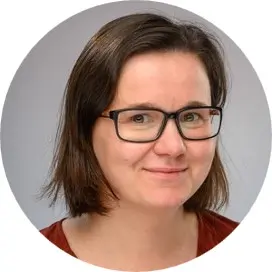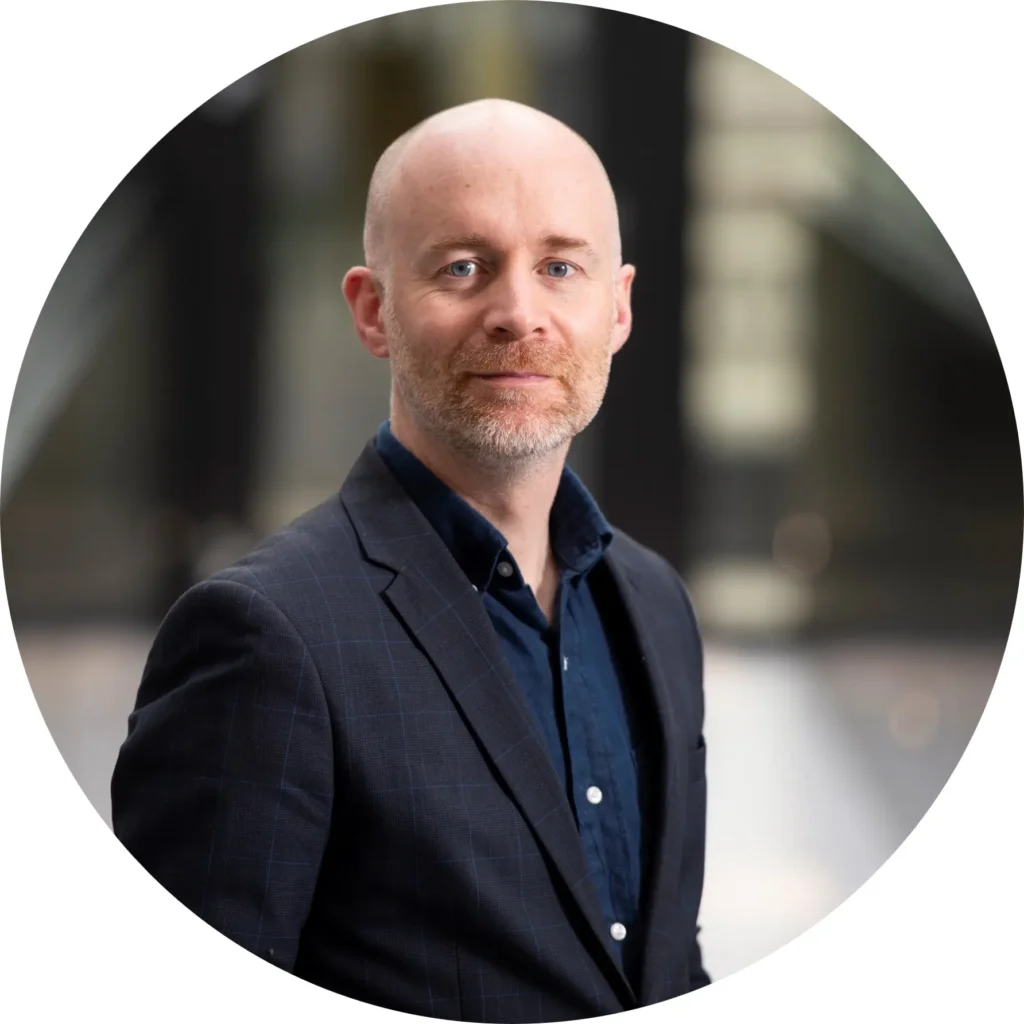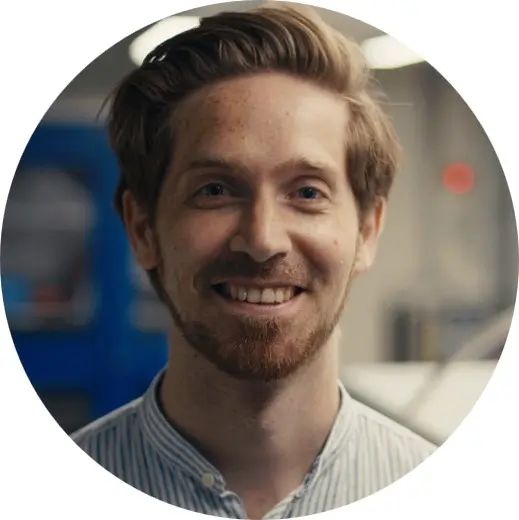The European Research Council (ERC) recently named the 408 excellent young scientists awarded with their prestigious 2022 Starting Grants. Recipients with 2 to 7 years’ experience after their PhDs can launch their own projects, form teams, and pursue their most promising ideas.
COST was very pleased to recognise so many familiar names in the list published by the ERC on 22 November. In total 41 COST Action participants were among the 408 grantees.
We catch up with four of the new ERC Starting Grant recipients to hear more about what they have gained from their COST participation, what we can expect from their new projects, and what tips they have for future ERC applicants.
Dr Elżbieta Drążkiewicz and CONSPIRATIONS
Dr Elżbieta Drążkiewicz, originally from Poland, is the only Starting Grant recipient based in Slovakia (Slovakia’s first ever woman and second ever grantee). A Management Committee member in COST Action COMPACT and Working Group member in DecolDEV, her ERC Starting Grant CONSPIRATIONS will focus on conflicts over conspiracy theories.
Having started her academic career looking into emerging donors in the fields of foreign aid and international development, Drążkiewicz has not always been a specialist in conspiracy theories. Her previous studies inspired a growing interest in the role of rumour, gossip, and speculation in the international relations sphere. “I was a complete rookie in the field of conspiracy theories” she told us. “I wanted to use the COMPACT network to learn and to explore these interests of mine. It was a great space to learn deep into this new topic, to branch out, and to expand my expertise.”

“As Post Doc who wanted to start looking into a new field, different from what I had done in the past, being involved in the COMPACT network was an excellent experience. I was inspired by scholars from around Europe. It was very inclusive network and I could really find my people there.”
When looking back at the development of her CONSPIRATIONS proposal Drążkiewicz also acknowledges the role and support of her fellow Action participants, especially the role of COMPACT’s Vice-Chair Michael Butter. Her tips for future ERC applicants? “Join any network whether it’s a COST Action or another but find a good, nice, trustworthy group of people. I found them in my COST network. Don’t be shy, reach out to them for advice. I think applying to the ERC requires a group effort. I really am grateful to everyone who listened to my ideas and for their intellectual support.” Resilience is also key: “Be prepared for criticism and don’t take it too personally: people give you advice not to crush you, but in the hope that you can do it better.“
Prof Killian Hurley and START-TEL
Prof Killian Hurley is a Associate Professor & respiratory physician based at the Royal College of Surgeons in Ireland. He is Working Group member in CorEuStem and was Chair of COST Innovators Grant Open-ILD, a project working to build an Open Access Biobank of Pluripotent Stem Cells from children and adults with Interstitial lung disease. The goal of this sharing framework is to support the development of personalized models of Interstitial lung disease which could be used to find new treatments. Closely connected to this, Prof Hurley’s new START-TEL ERC Starting Grant proposes to generate and test new precision treatments and will greatly benefit from the contribution of iPSC sourced from the Open Access Biobank being built under the COST Innovators Grant.

“Chairing the COST Innovator Grant was challenging but gave me the opportunity to generate and work within a large European network of scientists, clinicians, patient representatives and patients. This allowed me to work with people I would not otherwise have had the opportunity to work with. I have made essential new connections through the COST Action allowing me to establish and grow new collaborations which have supported new funding opportunities including the ERC Starting Grant.”
“Preparing for the START-TEL proposal pushed me to take a leap in terms of innovation and ambition supported by generous mentors and collaborators.” Highlighting the out-of-the-box thinking and determination necessary Hurley added “The ERC program encourages researchers to push outside of their comfort zone and to look at what might be cutting edge not just now but in 5 years’ time, therefore applicants need to be brave and extend themselves scientifically.“
Dr Andrea Trabattoni and SoftMeter
Physicist Dr Andrea Trabattoni’s SoftMeter grant will focus on multi-messenger soft-field spectroscopy of molecular electronics at interfaces. He is an active participant in COST Action AttoChem, coordinating experimental and theoretical efforts to exploit the large potential of attosecond techniques in chemistry.

“My experience participating in AttoChem has been really good so far. I had the possibility to exchange ideas and research plans with many colleagues within the network, and this exchange was highly enhanced by participating in the annual meetings. With respect to my background, participating in COST made me more aware about the importance of mobility for scientists, as well as the importance of a network of interdisciplinary experts with whom you can communicate constantly. Furthermore, I also learned the importance of disseminating and outreaching my research activity.”
Trabattoni recalls that the preparations for his grant proposal as a positive experience, “It forced me to sit down and study a particular research topic for weeks, and also to think about it in a strategic way (budget, team, work packages, etc).” Building on his experience in COST and looking to the future, Trabattoni highlights what he is looking forward in his new project: “I’m really excited to create a new team of young persons working at SoftMeter and try to convey to them my passion for this job and for the exciting research that we are going to do. Then, I’m really looking forward to discovering if the main scientific idea of the project works or not.“
Dr Zsófia Lóránd and HERESSEE
An intellectual historian of feminism in post-WWII state-socialist Eastern Europe, Dr Zsófia Lóránd was part of the Management Committee of COST Action NEP4DISSENT. “I was Working Group leader focusing on the “grey zones” between dissent and compliance during state socialism. Already during the first discussions with scholars of the region of East Central Europe in my group, it became clear that there is a lot of interest and work in the gendered and feminist history of the region, as well as a lot if left to do” Lóránd explains. Her new ERC Starting Grant HERESSEE will dive into the history of feminist political thought and women’s rights discourses in East Central Europe between 1929 – 2001.

“Talking to colleagues from an multi-disciplinary background (art history, sociology, political science especially) brought together by NEP4DISSENT, initiated by Maciej Maryl and Piotr Wciślik, helped me fine-tune the scope and methodology of my ERC project HERESSEE and got me in touch with scholars with a feminist scope I hadn’t met through other networks.”
Further information
Read more about the ERC’s Starting Grants 2022 here.
